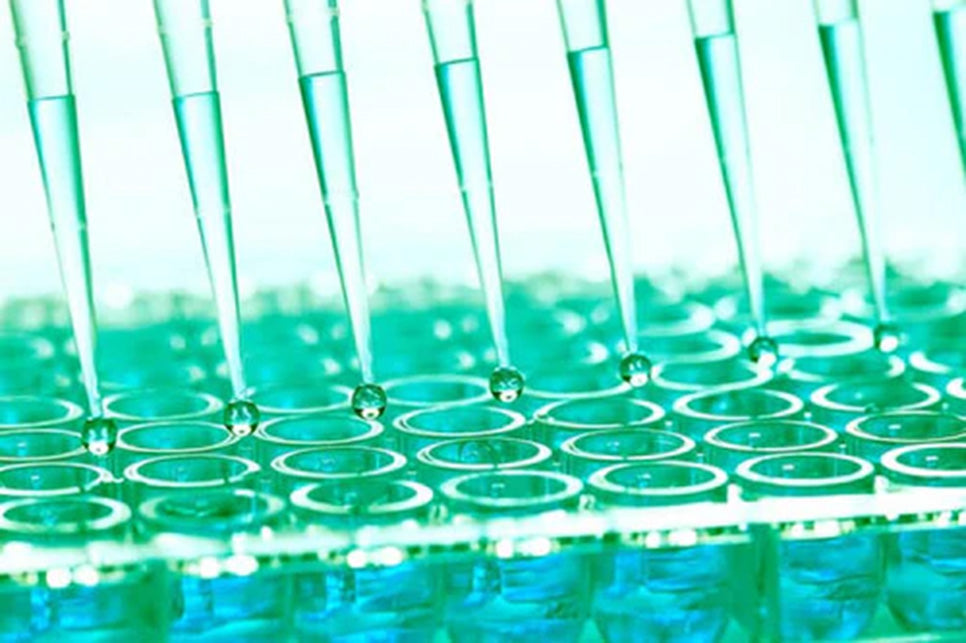Original content provided by Biotix Liquid Handling.
Many of us are looking for ways to act more sustainably. For those of us in the research industry, the need to keep contamination out while delivering results quickly has led to reliance on disposable products.
While some can be recycled, many can not or come in things like single-use plastics. Shipping used products and packaging back to suppliers to have them recycled uses a tremendous amount of fossil fuels and energy, especially if you need to pre-wash or sterilize first.
Here are three easy steps that you can take in your laboratory that could reduce your lab’s plastic consumption by 800 pounds per year!
1. Up-cycle Your Pipetting Supplies
Look for suppliers who get innovative with packaging. Biotix offers tip racks that can be re-purposed, meaning that the base fond in the single-use manual pipette tips can also be used as a single well reagent reservoir.
2. Choose Pipette Tips with Less Plastic
You may think that all pipette tips would use the same amount of plastic, however this is untrue. And while it may seem like a small difference in plastic, just think of how many you use over time. Biotix tips use 1/3 the plastic of other leading tips†. While small in size, that number can add up quickly.
Not all racks are created equal. Many people associate a heavy rack with quality, however these two ideas don’t need to be related. Stability is built into racks designed with an SBS footprint, but this does not always correlate with the weight of the rack. Your pipette tip rack should be user friendly, stable and have a SBS footprint, not a massive carbon one!
Let’s look at a lab that uses 100 cases of tips per year. If they were to switch to tips and racks made with a third less plastic, that one lab would save roughly 800 pounds of plastic per year!††
If every lab were to make the same change, imagine the global impact!
3. Use Tip Reloads Where Appropriate
Biotix offers a variety of laboratory solutions including two reload systems with both sustainability and contamination-prevention in mind.
Some suppliers will use cardboard in their reload systems, however, they often cannot be considered more sustainable due to cardboard contamination concerns.
Look for clean reload solutions with thin plastic recyclable packing. You’ll also find yourself with more lab bench space!

